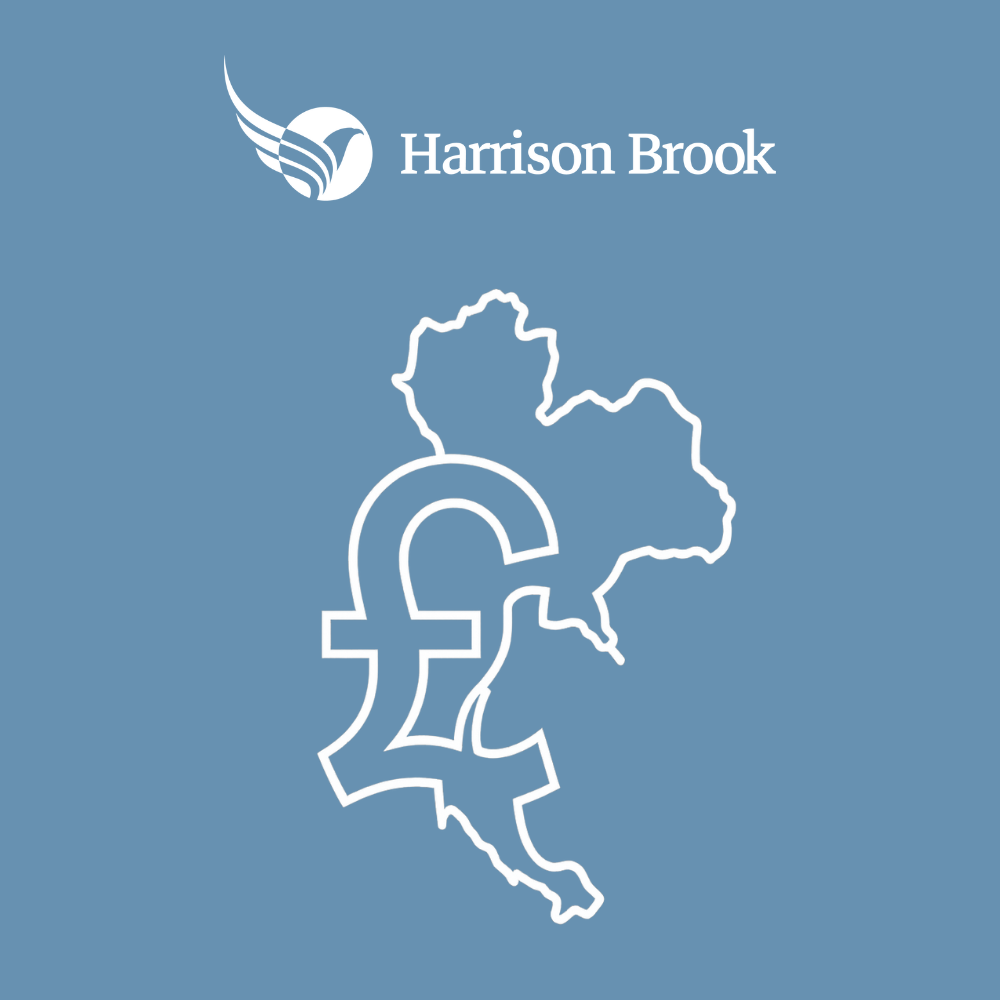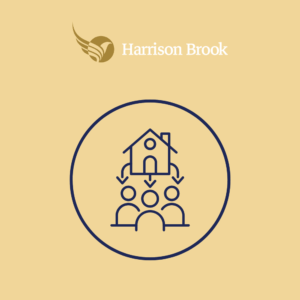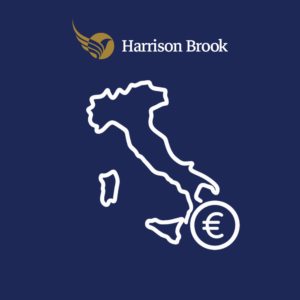
Thailand has become one of the most popular destinations for British retirees. The warm climate, relaxed pace of life and affordable cost of living make it appealing to anyone seeking a comfortable retirement abroad. Yet one of the most important financial questions before moving is whether your UK pension will be taxed once you live in Thailand. It is crucial to consider the tax implications for UK pensioners in Thailand, as transferring pension income can affect your overall tax exposure.
Understanding how pensions are treated under both UK and Thai tax law is essential to avoid costly mistakes. The amount of tax owed, how much tax you may need to pay, depends on several factors, such as the timing of remittance and your residency status. This article explains how the UK–Thailand double taxation agreement works, how pensions are taxed in Thailand, and why many British expats choose an International SIPP to manage their income efficiently.
How UK pensions are taxed abroad
When you live in Thailand, your UK pension remains classed as UK-sourced income. However, the UK–Thailand Double Taxation Agreement (DTA), one of several double taxation agreements, determines which country has the right to tax that income and helps prevent you from being taxed twice on the same pension income.
Generally:
- Government pensions (for example, from the NHS or Civil Service) remain taxable only in the UK.
- Private pension income, including company and personal pensions, may be taxable in Thailand if you are a Thai tax resident, depending on the provisions of the double taxation agreement.
- The UK should stop deducting tax once you apply for treaty relief using HMRC Form DT-Individual.
If you are unsure of your residency status, the UK Statutory Residence Test, as outlined in the tax code, defines whether you are still considered a UK tax resident. This affects whether your pension provider continues to deduct UK income tax.
Assessable income: what counts as taxable in Thailand?
Understanding what is considered assessable income under Thai tax laws is essential for anyone receiving pension income from the UK or other foreign sources. In Thailand, assessable income refers to any income that is subject to Thai income tax, and this includes foreign sourced income such as your UK state pension, private pensions, and other UK pension income if you are a Thai tax resident.
For Thai tax residents, those who spend at least 180 days in Thailand in a calendar year, there is an obligation to report worldwide income on your Thai tax return. This means that pension income earned from abroad, including UK pensions, becomes taxable income in Thailand if it is remitted into the country. The same applies to other types of foreign income brought into Thailand, such as rental income, capital gains, and other income earned outside or inside Thailand.
If you have paid tax in the UK on your UK pension income, you may be able to claim tax credits in Thailand for the taxes paid in the UK, helping to reduce your Thai tax liability. The double taxation agreement between the UK and Thailand is designed to prevent double taxation on the same income, but it is crucial to follow the correct procedures and keep thorough records to claim tax relief and tax credits where applicable.
Thai tax regulations require all tax residents to file an annual tax return with the Thai Revenue Department, declaring all taxable income, including pension income and any other assessable income. Failing to do so can result in penalties and increased tax liabilities. To ensure you are meeting your tax obligations and to minimise your overall tax burden, seeking professional tax advice is highly recommended. A qualified tax professional can help you navigate the complexities of Thai tax laws, claim available tax credits, and structure your financial planning to support your retirement visa and long-term residency goals.
In summary, assessable income in Thailand covers both income earned inside Thailand and foreign income brought into the country, including UK pension income. By understanding your tax residency status, keeping accurate records, and seeking professional tax advice, you can ensure compliance with Thai tax regulations, prevent double taxation, and make the most of any tax relief available to you as a recipient of foreign pensions.
Does Thailand tax foreign pensions?
Yes, but not always immediately. Thailand applies a remittance-based tax system for foreign income. This means that only income remitted into Thailand is subject to tax; income not brought into the country remains untaxed. Income earned overseas is only taxable in Thailand if you bring it into the country within the same tax year it was received.
If you keep your pension income in a UK or offshore account and transfer it to Thailand the following year, it is generally not taxed in Thailand. However, remitted pension income, such as pension remittances into a Thai bank account, is considered taxable income if brought in during the same year it was earned. Funds transferred into a Thai bank account are considered taxable income under Thai tax law, triggering Thai income tax at progressive rates.
Because interpretations of this rule can vary, timing pension withdrawals and transfers strategically is vital. A cross-border financial adviser can coordinate with a Thai tax specialist to ensure your pension income is structured efficiently.
UK State Pension and Thailand
Your UK State Pension can be paid to you anywhere in the world. Under the UK–Thailand tax treaty, it is typically taxable only in Thailand if you are a Thai tax resident.
If the amount of UK State Pension you remit to Thailand falls below the local tax threshold, your pension income may be tax exempt in Thailand.
However, British retirees should note that the UK State Pension is frozen once you move to Thailand. You will not receive the annual inflation increase given to UK residents and those living in certain other countries such as the EU.
Many expats therefore rely on additional private pensions or an International SIPP to supplement their income and offset inflation over time.
Private pensions and company schemes
For most UK private pensions, once you are non-resident and living in Thailand, your pension provider can pay income gross of UK tax after HMRC approves your DTA relief claim.
Once the funds are remitted into Thailand in the same tax year, they may become subject to Thai personal income tax. The key is how and when you transfer the money. Some retirees take advantage of this by keeping pension income offshore for a year before bringing it into Thailand.
If pension income is not remitted to Thailand in the same tax year it is received, it may be tax free in Thailand.
How an International SIPP benefits expats in Thailand
An International SIPP (Self-Invested Personal Pension) is a UK-regulated pension structure designed for people living abroad. It offers the flexibility, transparency and global investment access that traditional UK pension schemes often lack for non-residents.
Key benefits include:
- Consolidation of multiple UK pensions into one plan
- Access to a broad range of international investments in GBP, USD or EUR
- Ability to hold and withdraw funds in multiple currencies
- Greater control over timing withdrawals to align with Thai remittance rules
- Continued protection under UK regulatory oversight
Unlike a local pension transfer or offshore trust, an International SIPP remains under UK jurisdiction, meaning your pension continues to benefit from Financial Conduct Authority (FCA) regulation and UK pension protections.
This structure allows British expats to remain compliant with UK rules while maximising flexibility abroad. An International SIPP can help expats manage their tax affairs efficiently, especially when dealing with international tax responsibilities related to pensions and investments. When paired with professional tax advice, it can help optimize the tax treatment of pension income, avoid unnecessary double taxation, and reduce exposure to currency fluctuations.
What about QROPS?
QROPS (Qualifying Recognised Overseas Pension Schemes) are another option for transferring UK pensions overseas. However, following UK legislative changes, their advantages have narrowed. QROPS eligibility and tax treatment depend on tax residency rules in both the UK and Thailand, which determine how your pension income will be taxed.
For UK residents now living in Thailand, QROPS are often less beneficial because:
- There are currently no Thailand-based QROPS, meaning transfers typically route through other jurisdictions such as Malta or Gibraltar.
- A 25% overseas transfer charge may apply if your QROPS is outside the European Economic Area.
- UK rules on access and benefits continue to tighten.
In most cases, an International SIPP provides similar investment freedom but with lower costs, more transparent regulation and no transfer charge. QROPS may still suit very specific cases, but for most British expats in Thailand, an International SIPP remains the more flexible, cost-effective solution. Understanding thailand’s tax system is also crucial when considering pension transfers, as it affects your tax obligations and reporting requirements.
The UK–Thailand Double Taxation Agreement (DTA)
The DTA ensures that pension income is not taxed twice. To claim relief:
- Complete HMRC Form DT-Individual to confirm you are resident in Thailand.
- Send the form to the Thai Revenue Department for certification.
- Submit it to HMRC to authorise your pension provider to pay your income gross.
- When taxes have already been paid in the UK, consider claiming tax credits to offset your Thai tax liability and avoid double taxation.
This process can take time, but once approved, your pension payments should stop being taxed at source in the UK. The DTA allows for a tax credit to offset taxes paid in the UK, ensuring you do not pay tax twice on the same income. You must still declare income remitted into Thailand to the Thai authorities if applicable.
Maintaining full records of remittances and timing of payments is crucial to demonstrate compliance.
Avoiding double taxation and maximising income
A combination of careful planning, accurate timing and professional advice can ensure you make the most of your pension income while minimising tax exposure. Preventing double taxation is crucial, and understanding your Thai tax obligations is essential for expats to comply with local laws and avoid unnecessary tax liabilities. The key steps include:
- Establishing non-UK tax residency correctly
- Choosing an International SIPP structure that suits your needs
- Timing withdrawals to benefit from Thai remittance rules
- Keeping clear documentation for both HMRC and Thai Revenue authorities
At Harrison Brook, we work with a network of cross-border professionals, including tax advisers and international lawyers, to help clients implement the right structure for their individual circumstances and navigate the complexities of Thai taxation.
FAQs – Is my UK pension taxable in Thailand?
Do I pay tax on my UK pension if I live in Thailand?
Usually, yes if the funds are remitted to Thailand in the same year they are received. You are required to file tax returns in Thailand for foreign income, including pensions. Timing transfers carefully can reduce liability.
Does the UK have a double taxation agreement with Thailand?
Yes. The DTA prevents your pension income from being taxed in both countries, and relief is available for tax paid in the UK.
Can I transfer my UK pension to a Thai pension?
No. Thailand does not have recognised pension schemes for direct UK transfers.
Is an International SIPP better than a QROPS?
For most expats in Thailand, yes. An International SIPP offers more flexibility and remains under UK regulation without overseas transfer charges.
Will my UK State Pension increase each year?
No. UK State Pensions are frozen for residents of Thailand.
Are capital gains taxable in Thailand?
Yes, capital gain from the sale of assets may be subject to Thai tax if the proceeds are remitted to Thailand in the same year. This is important for expatriates considering estate and succession planning.
Speak to Harrison Brook
If you are a British expat living in Thailand or planning your move, understanding how your UK pension will be taxed is essential. It’s also crucial to be aware of thai taxes and how they may apply to your pension income when planning your retirement. At Harrison Brook, our independent advisers specialise in helping expats structure their pensions through International SIPPs, ensuring compliance while maximising retirement income.
Contact Harrison Brook today for a free, no-obligation consultation to explore your options.



